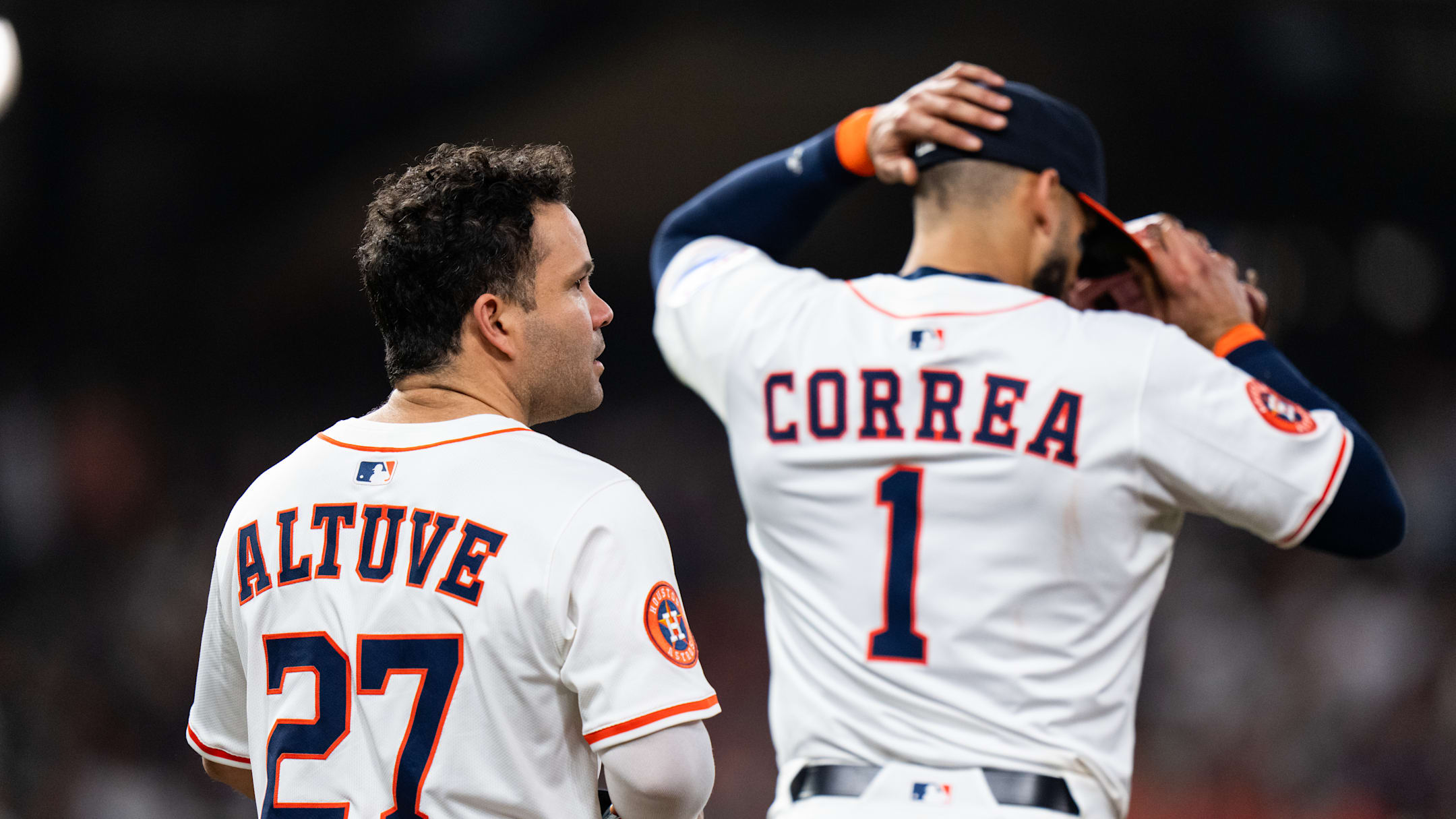The Houston Astros are facing an uncomfortable reality: their long-standing championship window is under threat, not just from the rising competition in the AL West, but from within their own balance sheet. As the team aims to reset its dynasty after a disappointing 2025 season, the front office is burdened by several significant contracts that are limiting flexibility and sinking payroll efficiency.

Here are six high-cost contracts that threaten to hold the Astros back in 2026 and beyond:
1. Lance McCullers Jr. (Starting Pitcher)
Remaining Cost: One year, $17 million (through 2026)
The Problem: McCullers Jr.'s extension has provided minimal return due to devastating injuries. While his 2022 performance (2.27 ERA) prior to injury was elite, his 2025 return saw a disastrous 6.51 ERA. The $17 million due in 2026 is money tied up in an asset the team cannot count on for reliable innings. This dead money actively hampers the team's ability to sign multi-year deals for needed pitching depth this offseason.
2. Christian Walker (First Baseman)
Remaining Cost: Two years, $40 million ($20 million AAV)
The Problem: Walker's contract creates an expensive logjam at the corner infield spot. Despite a decent second half, his strikeout rate remains alarmingly high (33% in September), making his production inconsistent for a $20 million player. Houston's desire to trade Walker is complicated by his limited no-trade clause, severely restricting the pool of potential suitors, even if the club agrees to eat part of the salary.
3. Carlos Correa (Shortstop/Third Base)
Remaining Cost: Long-term commitment (High AAV, potentially $21.5 million against the luxury tax in 2026)
The Problem: While a proven star, Correa’s high annual average value (AAV) heavily constricts the Astros' ability to manage the luxury tax threshold, especially with other big contracts on the books. His presence, combined with Walker, creates an overly expensive infield structure that demands elite performance to justify the cost, leaving little room for error or supplementary spending.
4. Jesús Sánchez (Outfielder)
Projected Arbitration Salary: $6.5 million
The Problem: Acquired at the trade deadline, Sánchez severely underperformed. Despite the Astros having organizational depth in the outfield, Sánchez is projected to earn a salary that is far too rich for his recent production. The consensus suggests he is a prime candidate for a non-tender (releasing him rather than offering a contract) simply to free up valuable budget space for more reliable options.
5. Ramón Urías (Infielder)
Projected Arbitration Salary: $5.8 million
The Problem: Like Sánchez, Urías represents a costly depth piece. While the Astros need infield help, nearly $6 million for an arbitration-eligible player whose production is easily replaceable is poor payroll management. The team needs to decide if his value as a bench piece is worth the price, particularly when every million matters for staying beneath the tax line.
6. Chas McCormick (Outfielder)
Projected Arbitration Salary: $3.4 million
The Problem: McCormick has been inconsistent at the plate for two consecutive years. While his arbitration cost is modest compared to the others, his struggle to provide consistent offensive output while taking up a roster spot is a drain on efficiency. For a team desperately seeking offense, this is a clear spot where the Astros could cut costs and promote a younger, more cost-controlled prospect like Jacob Melton or Zach Cole.
Outlook for 2026
With management retaining General Manager Dana Brown and Manager Joe Espada, the mandate for 2026 is clear: fix the pitching rotation behind Hunter Brown and create financial flexibility. The combined salary obligations from these underperforming or overpaid contracts present the biggest hurdle. The only way forward is aggressive roster management, which may include trading expensive assets like Walker, non-tendering arbitration-eligible players, and banking on the upside of young arms to fill the holes created by players like McCullers Jr. .
